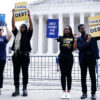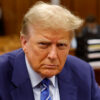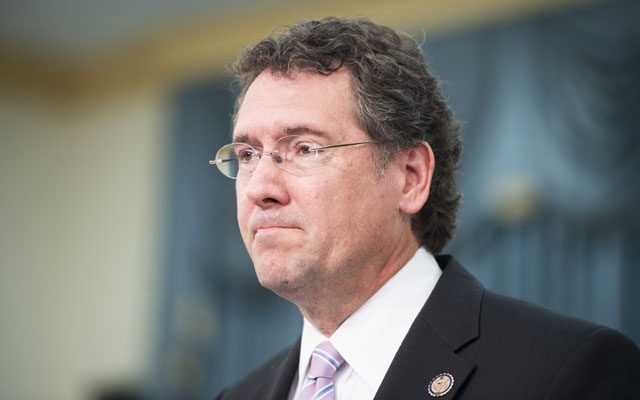H.R. 1724, the Kids First Research Act of 2013, sponsored by Representative Gregg Harper (R–MS), would end the Presidential Election Campaign Fund (PECF). That’s the good news. But then the bill would authorize spending existing PECF funds on a new 10-year pediatric research initiative via the National Institutes of Health (NIH).
While ending this public election financing program is a good idea, turning around and authorizing funding for another program wipes out that progress and sets up a whole new constituency for government spending. Then there is the complication of diverting these earmarked funds to a completely different purpose, thus breaking the agreement with taxpayers who voluntarily “checked the box.”
The bill would end the voluntary $3 income tax return check-off that provides (1) matching funds to presidential candidates during their primary campaigns; (2) financing for the national conventions of the major political parties; and (3) complete funding for presidential candidates who forgo private fundraising in the general election.
But taxpayers don’t support this program: The Federal Election Commission’s (FEC) records show that taxpayer participation has gone from a high of 28.7 percent in 1980 to only 5.1 percent in 2012.
The PECF is also becoming an anachronism: Barack Obama was the first presidential candidate to refuse public funds in his 2008 campaign, and neither he nor Mitt Romney opted to take public funds in 2012. No major candidate will participate in the program in the future for fear of being outspent by a nonparticipating opponent who is not limited in how much in total he or she can raise in private contributions. That is what happened to John McCain in 2008 when he took public funds and Obama did not.
The primary matching funds program has been used principally by marginal candidates in recent elections, including cult leader Lyndon LaRouche, who has collected over $5.3 million in public funds. It is also no more rational for taxpayers to pay for the political party(ing) conventions than it is to pay for a national Elks Club convention. The Republican and Democratic Parties together received $36.5 million in 2012 alone.
So good riddance to this program. But under H.R. 1724, Congress would divert funds that taxpayers understood would be spent on presidential elections to pay for new program spending elsewhere. The FEC goes to great lengths to explain the public financing program to U.S. taxpayers, including how the money can and cannot be spent. NIH research grants don’t make the cut.
Further, the funding source for this new program would end when the check-off program ends, leaving a question mark for the new NIH program once the accumulated funds ($232 million in 2012, according to the FEC) have been spent. It would open the door for potentially higher spending on NIH grants in the future. Sure, Congress is operating under spending caps now, but why add new programs when Congress is trying to cut spending?
Instead, Congress should simply end the PECF. Period. Total spending would go down, unspent funds would go toward the deficit, and an unnecessary program would be permanently eliminated.




























